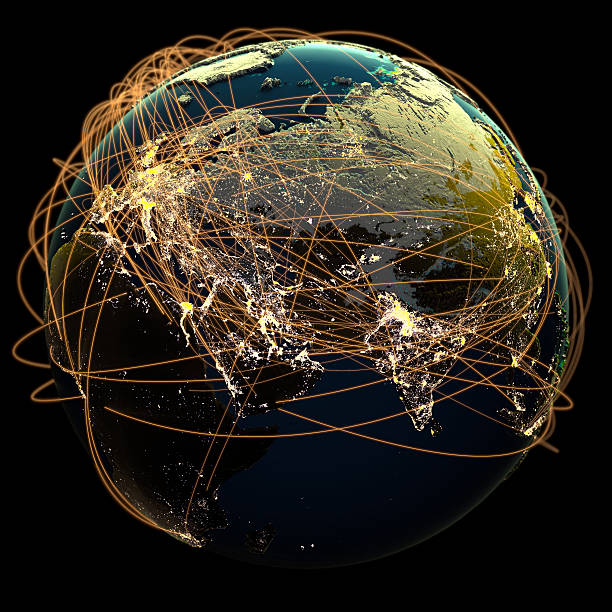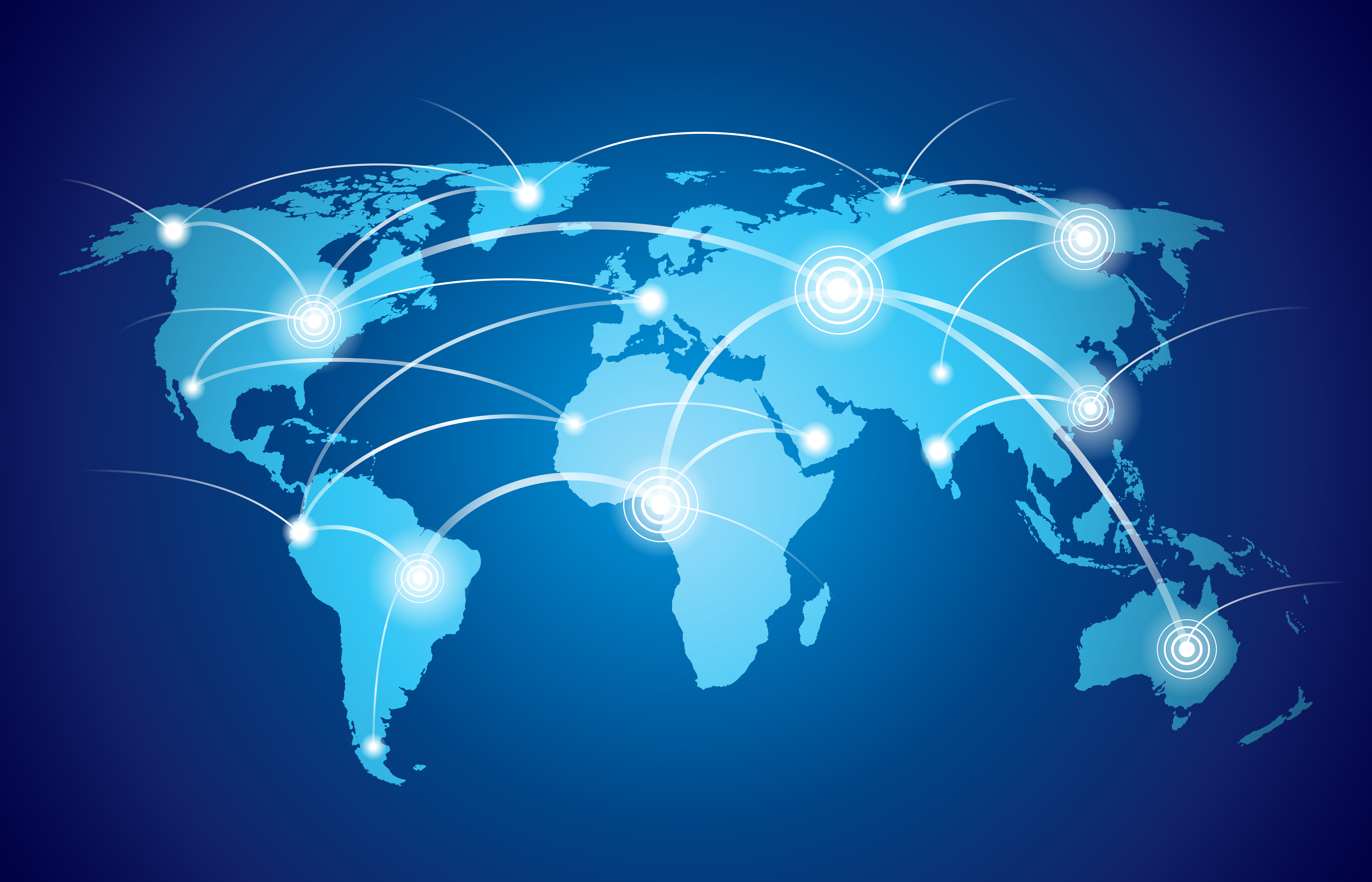The past few years brought big changes, really. Our world, it seems, is still very much in a state of shift. We saw shifts in technology, in how countries get along, and certainly in money matters, too. It feels like the way the world has run for many decades, you know, is getting a complete reset. This means new times are here, and the old ways of doing things are certainly getting looked at differently.
Amidst all this change, one thing that truly hit home for everyone was the widespread health crisis. The pandemic showed us, pretty clearly, how connected we all are, and how quickly a health issue in one place can become a big problem everywhere. So, thinking about global deaths from COVID isn't just about numbers. It's about people, about families, and about what this all means for our shared future.
This discussion, actually, matters a lot. It helps us see the full picture of what happened, what we've picked up along the way, and what steps we might take going forward. Looking at the total count of global deaths from COVID helps us grasp the scale of the challenge. It also helps us think about how we can build better health systems for everyone, everywhere, because global health gains are, in a way, always at risk.
Table of Contents
- Understanding the Impact of Global Deaths from COVID
- How We Count and Learn: Methods for Tracking COVID Mortality
- Factors That Shaped Outcomes: Why Some Places Saw More Deaths
- Lessons for Future Health: Protecting Against New Threats
- The Economic and Social Ripple: Beyond the Health Numbers
- Questions People Often Ask About Global Deaths from COVID
- Building a Stronger Tomorrow: Steps for World Health
Understanding the Impact of Global Deaths from COVID
When we talk about global deaths from COVID, we're considering a massive human cost. This period, in fact, changed lives in every corner of the planet. Each death represents a person, a story, and a family affected. The sheer scale of it, honestly, made many people stop and think about life differently.
The numbers, as a matter of fact, tell a big part of the story. They show us how widespread the illness was and how many lives it took. These figures help us see which groups of people were hit hardest. They also show us how different regions coped with the health crisis, which is quite important.
Looking at these numbers, it's pretty clear that health systems everywhere faced a huge test. Some systems, it seemed, managed better than others. This information, you know, helps us figure out what worked and what didn't. It is a way to understand the immediate impact on communities and nations.
How We Count and Learn: Methods for Tracking COVID Mortality
Keeping track of global deaths from COVID is, in some respects, a very complex task. Different countries have different ways of recording deaths. This means getting a truly accurate, worldwide count can be quite a challenge. Some places might count deaths where COVID was the direct cause, while others might include deaths where COVID was a contributing factor, you see.
Health groups around the world worked to gather this information. They tried to make sense of the different reporting styles. This effort helped us get a general picture, even if the exact numbers might vary a little from source to source. It’s about getting the best possible view, basically, of what happened.
There are, you know, different ways to look at the data. Some experts look at "excess deaths." This means counting how many more people died than would usually be expected during a certain time. This method can sometimes give a fuller picture of the pandemic's true toll, as it accounts for deaths that might have been indirectly caused by the crisis, perhaps due to strained healthcare systems or delayed care for other conditions. This approach, for instance, helps us see the wider effects.
Factors That Shaped Outcomes: Why Some Places Saw More Deaths
The number of global deaths from COVID wasn't the same everywhere, naturally. Many things played a part in why some places saw more deaths than others. For one, how old the population was made a difference. Older people, for example, often faced a higher risk from the illness.
The strength of a country's health system also mattered a lot. Places with good hospitals, enough medical staff, and easy access to care often managed to save more lives. This is about having the right tools and people ready. New funding models and regional systems, for instance, are vital to build resilient healthcare worldwide, as we've learned.
How quickly a country could get vaccines and how many people got them also had a big effect. Getting shots into arms quickly helped protect many people. Public health measures, like mask-wearing and social distancing, too, played a role in slowing the spread and reducing deaths. These steps, it turns out, really helped.
Lessons for Future Health: Protecting Against New Threats
The experience with global deaths from COVID has given us many important lessons. We learned, for one thing, that preparing for future health challenges is absolutely essential. This means having plans in place before a new illness appears. It's about being ready, you know, rather than reacting after the fact.
One big lesson is the need for strong, fair health systems for everyone. This includes making sure that new ways of delivering health care, perhaps through technology, can reach all people. The idea of global health gains being at risk is very real, and we need to work to protect them. So, innovation in delivery is quite important.
We also saw how important it is for countries to work together. Sharing information, resources, and even new medical ideas can make a huge difference in a worldwide health crisis. This kind of teamwork, as a matter of fact, can help limit the number of global deaths from any future widespread illness. It is about a shared effort, really.
The Economic and Social Ripple: Beyond the Health Numbers
The impact of global deaths from COVID went far beyond just health numbers. The pandemic, frankly, shook up the world economy in a big way. Businesses closed, jobs were lost, and supply chains faced huge problems. This economic upset, you know, had its own effects on people's well-being and access to care.
The global economic system, which has been in place for a long time, is apparently getting a reset. This means the rules of trade and money are being looked at again. This shift, in a way, can affect how countries fund their health services and their ability to respond to crises. Global trade, too, drives the world economy, and it is subject to constant change from economic, political, and environmental forces.
Societies also felt big changes. There were shifts in how we work, how we learn, and how we connect with each other. The gender gap, for instance, which looks at things like economic participation and opportunity, also faced new pressures during this time. These broader changes, it seems, continue to shape our world today.
Questions People Often Ask About Global Deaths from COVID
What is the total count of global deaths from COVID?
The exact total count of global deaths from COVID is, honestly, hard to pin down perfectly. Various organizations, like the World Health Organization and Johns Hopkins University, have tracked these numbers. They generally report figures in the millions, but these numbers keep changing as data gets updated. This is because, you know, gathering all the facts from every corner of the world takes time.
How does COVID mortality compare to other major health events?
Comparing COVID mortality to other big health events is something people often wonder about. It's important to remember that each event is unique. However, the COVID pandemic caused a very significant number of global deaths in a relatively short period. It stands as one of the most impactful health crises in recent history, certainly in the last century. This, in a way, shows its serious nature.
What factors contributed most to the number of global deaths from COVID?
Many things contributed to the number of global deaths from COVID, actually. Key factors included the speed at which the virus spread, the age and health conditions of populations, and the capacity of healthcare systems to handle a surge of sick people. How quickly vaccines were developed and distributed, and how widely they were accepted, also played a big part. So, it was a mix of many things.
Building a Stronger Tomorrow: Steps for World Health
Looking at global deaths from COVID, it becomes very clear that we need to keep working on making health systems stronger. This means thinking about new ways to fund health care and making sure that every region has what it needs. Equitable healthcare worldwide is, in fact, a goal we should all strive for. You can Learn more about global health initiatives on our site.
The pandemic also showed us the value of quick action and good information. When a new health threat appears, knowing what to do and having the tools to do it can save many lives. This means investing in research and making sure health workers have the support they need. It's about being prepared, really, for whatever comes next.
We are in a moment where existing rules are challenged, and new ideas are welcome. This applies to health just as much as to the economy. By working together, sharing knowledge, and focusing on fair access to health resources, we can, you know, reduce the impact of future health crises. For more insights on global health trends, you can also check out the World Health Organization's website, which is a great resource. This is about making sure that the lessons learned from global deaths from COVID help us build a healthier world for everyone.
The global push for growth, with countries and regions starting to talk tough about the need to boost growth, could also impact health spending and priorities. In the US, for instance, a drive to cut taxes and regulations is getting underway, which might affect public health budgets. It is important to consider how these economic shifts might, in a way, influence our ability to build resilient health systems. This ongoing discussion, you know, shapes our collective future.



Detail Author:
- Name : Jo Hayes
- Username : heathcote.charley
- Email : stiedemann.dolly@price.biz
- Birthdate : 1979-08-14
- Address : 703 Ellie Groves Mertzborough, NH 94243-1471
- Phone : 631.412.2216
- Company : Watsica, Mante and Reichel
- Job : Sawing Machine Tool Setter
- Bio : Corrupti facere odit vitae. Saepe porro quas facilis deleniti culpa fugit. Ipsa inventore ex commodi neque in porro quidem.
Socials
tiktok:
- url : https://tiktok.com/@brittanybrown
- username : brittanybrown
- bio : Vel ipsam vel adipisci expedita expedita possimus.
- followers : 1659
- following : 55
twitter:
- url : https://twitter.com/bbrown
- username : bbrown
- bio : Rerum illum voluptate aut unde. Et aut rerum voluptas doloribus voluptatum molestiae. Quod ipsam incidunt impedit beatae est illum exercitationem velit.
- followers : 3631
- following : 2940
linkedin:
- url : https://linkedin.com/in/bbrown
- username : bbrown
- bio : Harum cupiditate assumenda corporis enim sit.
- followers : 6819
- following : 2750

